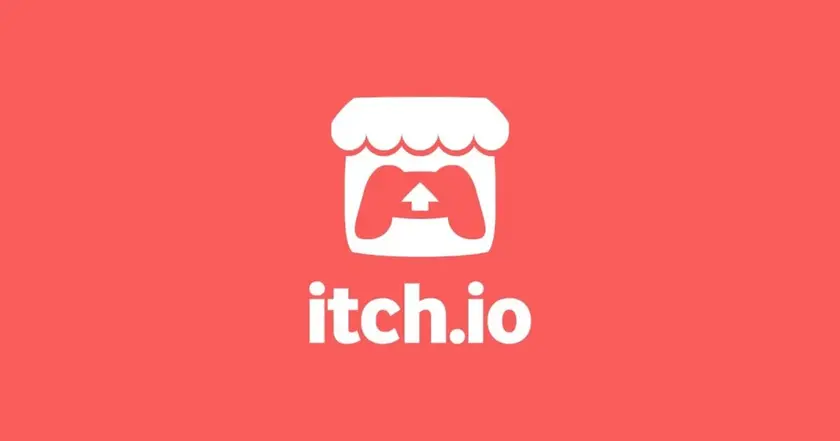T4K3.news
Payment networks shape adult content rules in games
A look at how card networks influence Steam and Itch policies and the pushback from developers and scholars.

An analysis of how payment networks influence Steam and Itch policies on adult content and the response from developers and scholars.
Payment networks decide what counts as adult content in games
Last month, Visa, Mastercard and other card networks pressed Steam and Itch.io to tighten how they define adult content. To avoid blocking payments, the platforms now require developers to align with broad, open-ended policies set by their financial partners. The shift has led to delistings and takedowns on both sites, especially Itch, affecting titles ranging from anime-inspired fantasies to bundles labeled as adult content.
Scholars describe this as a form of definitional creep, where financial gatekeepers increasingly influence what counts as permissible in digital spaces. The high risk label can drive higher fees or even stoppages, since payment processors and banks seek to protect themselves from disputes and regulatory exposure. Platforms are exploring alternatives such as CCbill, Segpay and Vendo, but those options bring higher costs and stricter verification. Creators and players are pushing back through campaigns aimed at processors and policymakers, while the industry weighs the trade-off between safety, liability and artistic expression.
Key Takeaways
"Payment networks are the de facto guardians of what content markets will tolerate"
Describes the power dynamic between networks and content platforms
"High risk payments come with higher fees and tighter rules for creators"
Explains the financial consequences for merchants
"This is not just business, it shapes culture and who gets to create"
Editorial reaction to gatekeeping power
"Alternative processors can help but bring higher costs and stricter compliance"
Market option analysis for platforms and creators
The episode exposes a friction between safe content policing and creative freedom. When wallets gate content, culture shifts as much as code. This is not merely about taste; it is about who gets to finance, deliver and monetize games. If lawmakers and regulators listen to powerful merchants, rules can become clearer, but they can also become blunt instruments that punish niche creators. The push to diversify payment rails could reduce risk for platforms, yet it may raise costs for small studios and increase friction for players who want indie titles. The broader question is whether policy and commerce can shield people from harm without stifling imagination.
Highlights
- Money talks louder than lobbyists in the digital storefront
- High risk payments make creators pay the price
- Regulation via the wallet is a quiet form of power
- Alternative processors offer relief but at higher costs
Regulatory pressure and public backlash risk
The piece highlights potential political scrutiny, investor concern, and public reaction as policy and payment rules tighten around adult content in games. If regulators or platforms fail to balance safety with artistic freedom, the sector could see backlash and financial instability.
The future of game content will depend on how markets, regulators and creators negotiate risk and responsibility.
Enjoyed this? Let your friends know!
Related News

Valve changes Steam adult content policy

Mastercard denies pressuring platforms to remove adult games
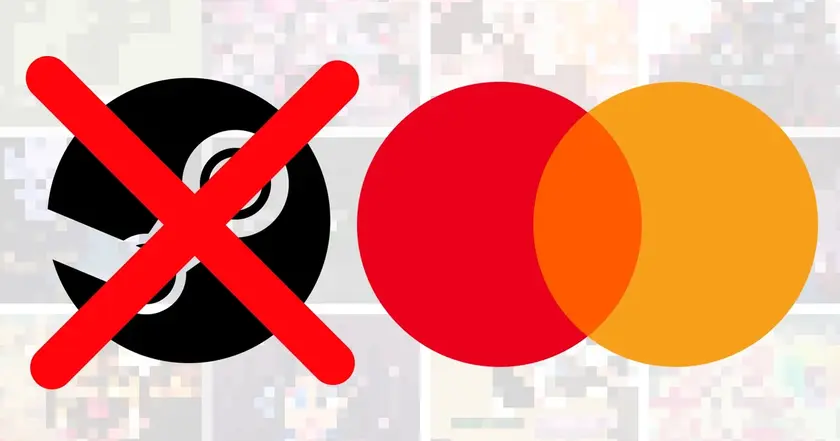
Mastercard denies pressure to restrict games on Steam
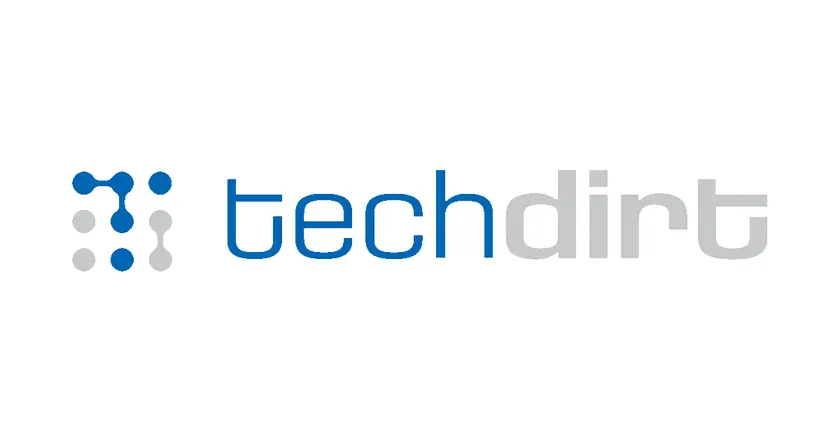
Mastercard Reacts to Claims of Game Censorship

Valve confirms game removal due to credit card company demands
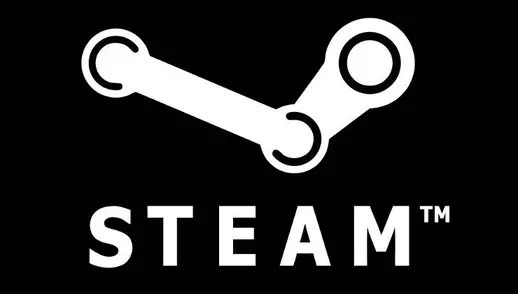
Valve updates rules, removes adult games
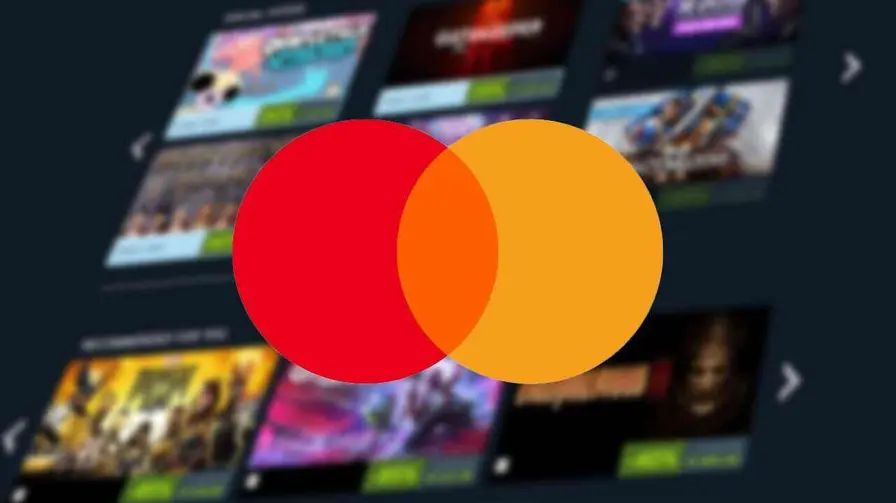
Mastercard responds to censorship allegations

Valve removes adult only games from Steam
